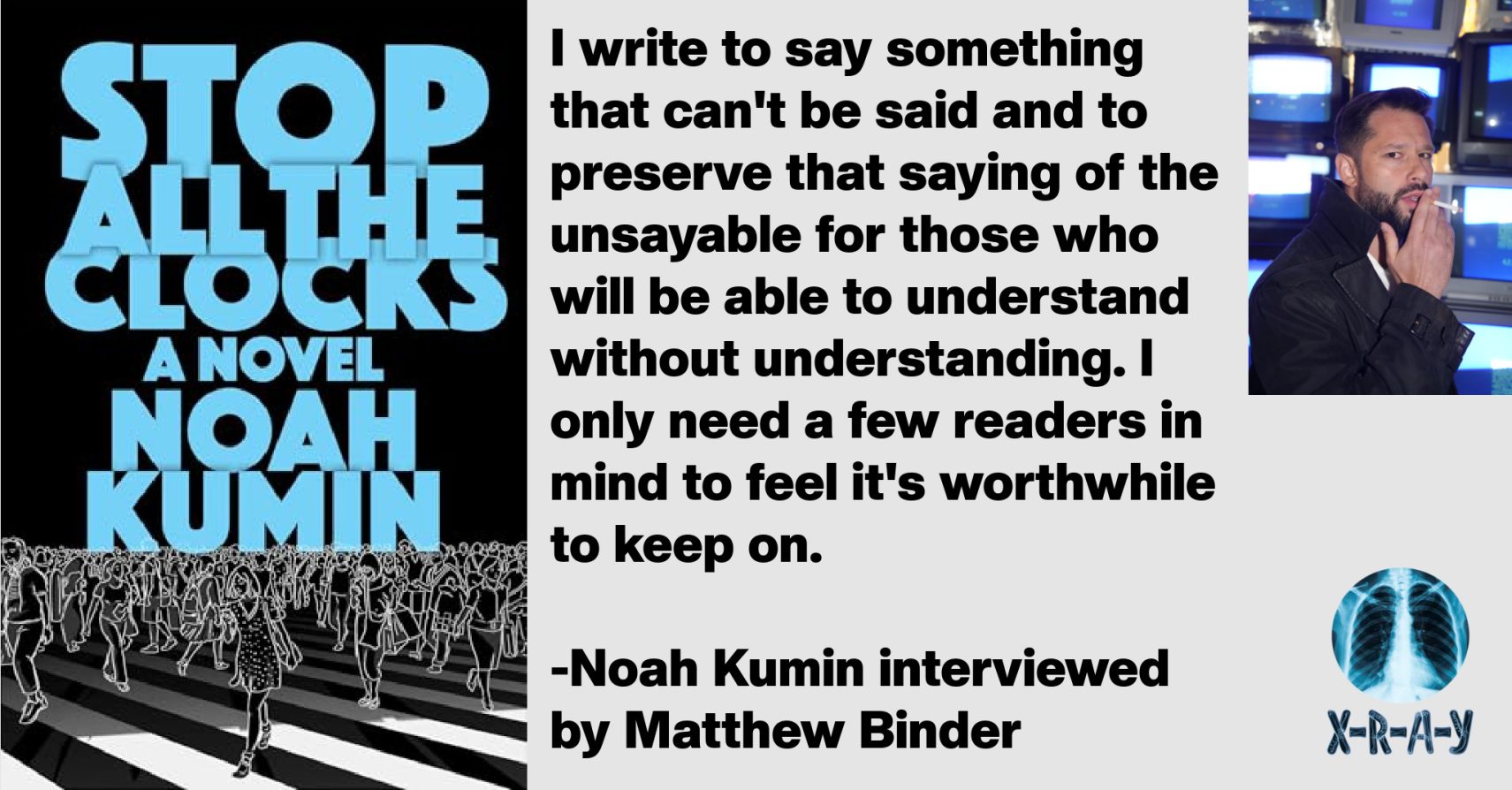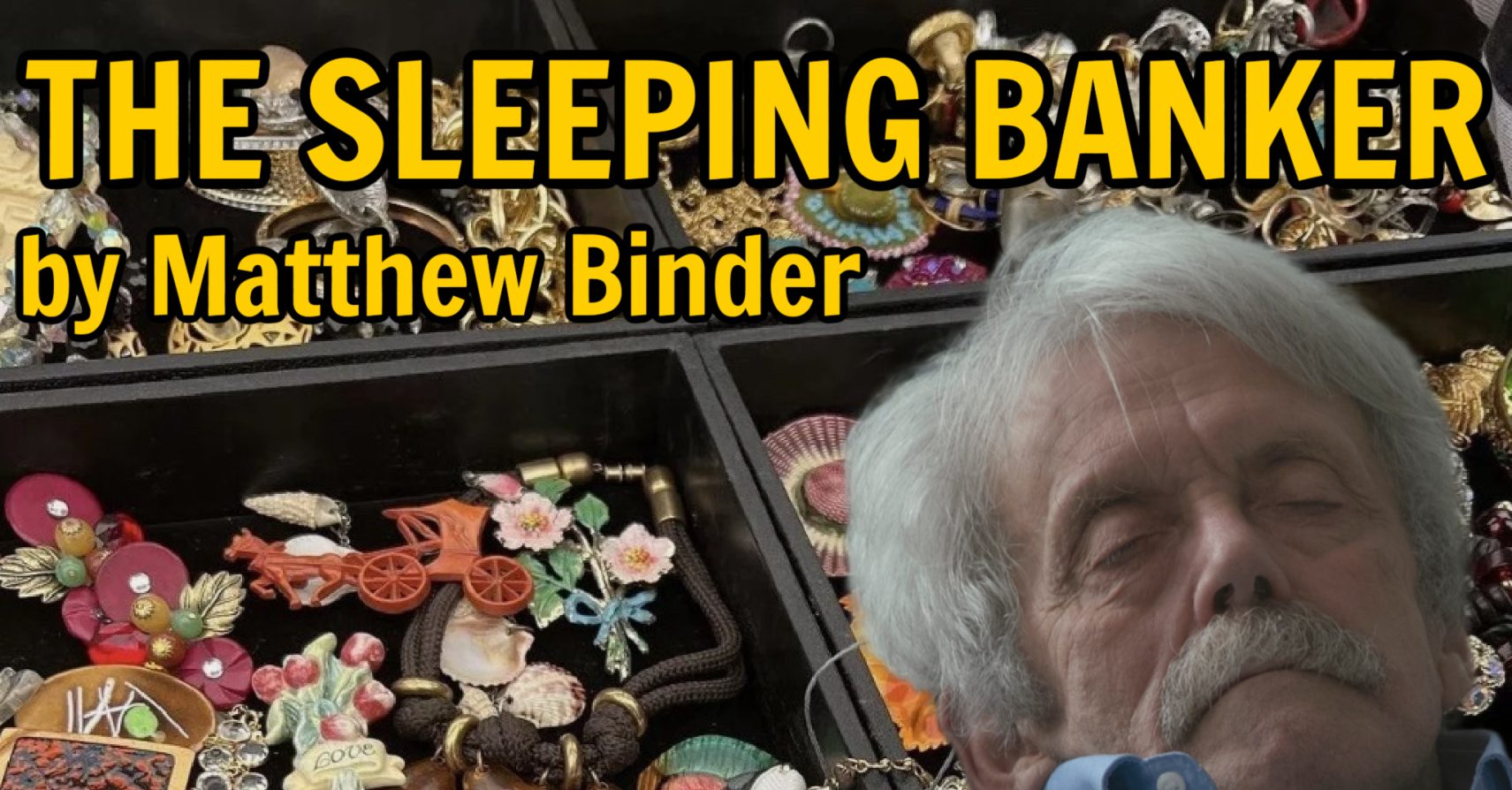
NOAH KUMIN INTERVIEWED by Matthew Binder
In 2023, I published a novel called Pure Cosmos Club. For reasons still unclear to me, it was embraced by the downtown New York literary scene loosely known as “Dimes Square.” Despite the association, I never made real inroads—not because of the rumors (funded by Peter Thiel? Christian reactionaries?) but simply because I was too shy. One of the scene’s more prominent figures is Noah Kumin, founder of The Mars Review of Books. From afar, I watched his profile rise through various ventures: the magazine, a popular podcast, and a reputation for hosting raucous literary parties. When I saw on…

